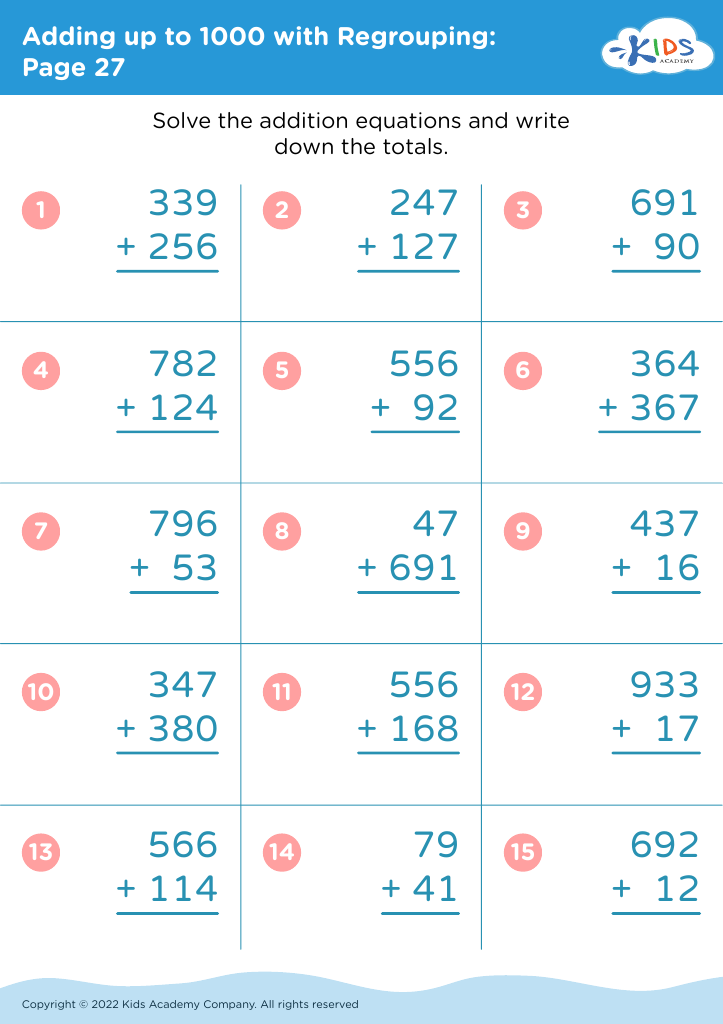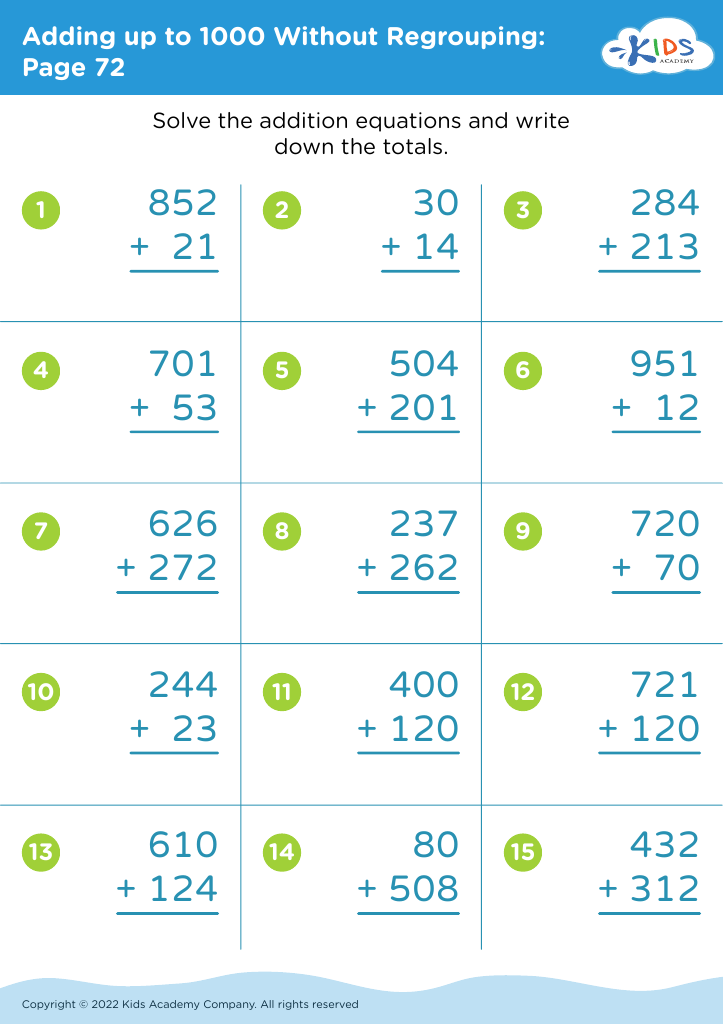Learn new vocabulary Worksheets for Ages 7-8
4 filtered results
-
From - To
Welcome to our "Learn New Vocabulary Worksheets" tailored specifically for ages 7-8! These engaging and interactive worksheets are designed to enhance your child's vocabulary skills through fun activities. Each worksheet encourages critical thinking and creativity, helping young learners grasp new words in context. From matching words to definitions, fill-in-the-blank exercises, to word searches, our resources make learning enjoyable. Perfect for classroom settings or at-home practice, these worksheets promote literacy and language development in an exciting way. Start building your child's vocabulary and confidence today with our comprehensive collection of worksheets that cater to their educational needs!
Parents and teachers should prioritize helping children ages 7-8 learn new vocabulary for several critical reasons. At this developmental stage, children are expanding their understanding of language and encountering more complex texts. A robust vocabulary is foundational for overall literacy and comprehension; it enables young learners to grasp new concepts, follow instructions, and engage in meaningful conversations.
Moreover, vocabulary acquisition enhances critical thinking skills. By learning new words and their meanings, children can express their ideas more clearly and make connections between different subjects, fostering curiosity and creativity. Additionally, an enriched vocabulary can boost confidence in social interactions and academic challenges, encouraging children to participate actively in learning environments.
Furthermore, the 7-8 age range aligns with significant educational milestones; many children begin reading more independently. A strong vocabulary helps them become better readers, as they are less likely to encounter daunting unfamiliar terms. This, in turn, promotes a lifelong love for reading.
Finally, helping children build their vocabulary also supports their emotional and social development. The ability to articulate feelings and thoughts in nuanced ways leads to improved relationships with peers and adults. Overall, an emphasis on vocabulary at this stage lays the groundwork for future academic success and personal growth.





















